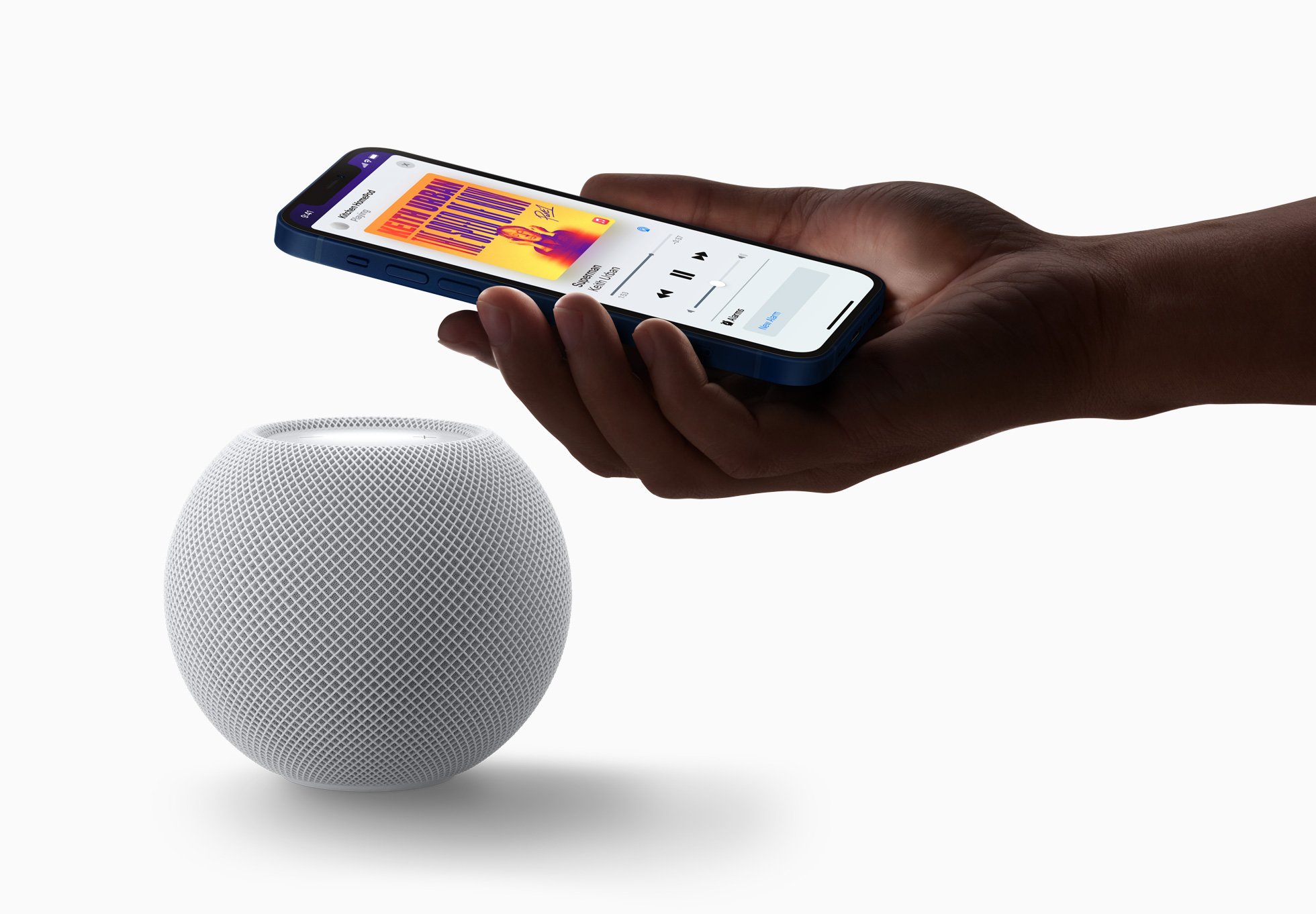UWB is a key feature of Apple's new iPhones, Apple Watch 6, and HomePod mini.
What you need to know
- Apple's use of Ultra Wideband technology is driving the growth of applications that use the technology.
A new report says Apple's adoption of Ultra Wideband technology through its U1 chip in devices like the iPhone 12 is driving the growth of applications in the market.
From Digitimes:
Because of Apple's promotion of UWB (ultra-wide band)-enabled devices, applications based on UWB technology have increased and have a broader coverage, according to Digitimes Research.
Apple has adopted the UWB technology for iPhone 11 and 12 series, Apple Watch 6 and HomePod mini, while Samsung Electronics has launched UWB-enabled smartphones including the Galaxy Note 20 Ultra and the Galaxy Flip 2 and China-based Xiaomi has also offered a UWB-enabled smartphone model, Digitimes Research indicated.
Apple's U1 chip and UWB enable cool new features in some of the most recent Apple products. Notably, it can be used for Apple's music hand-off feature that gives visual, audible, and haptic feedback when you hold your iPhone close to one of its new smart speakers. UWB in the HomePod mini also enables personalized listening suggestions when you are close by, as well as instant controls.
UWB and the U1 chip have also been touted as a key foundation of Apple's rumored upcoming AirTags, tiny tracking beacons that will let users locate their goods and valuables.
Digitimes notes that Apple "seems to be uninterested" in joining groups like the UWB Alliance, instead preferring the Car Connectivity Consortium to promote using UWB as digital car keys. Apple has already established the new technology with BMW and more recently Hyundai.
Digitimes also says Android vendors including Oppo and Vivo "are expected" to adopt UWB in their upcoming flagship models going forward.

No comments:
Post a Comment